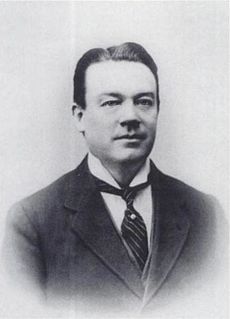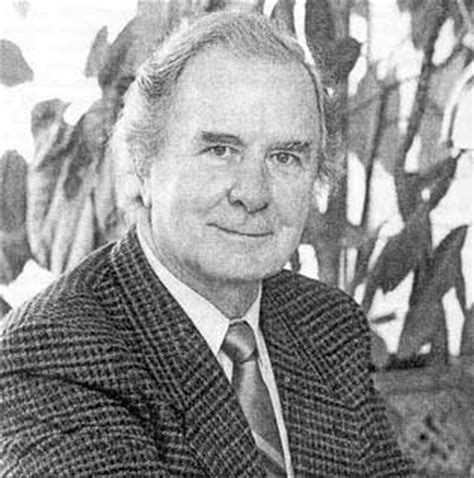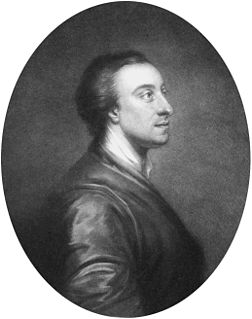A Quote by Joseph Devlin
Shakespeare was not a scholar in the sense we regard the term to-day, yet no man ever lived or probably ever will live that equalled or will equal him in the expression of thought. He simply read the book of nature and interpreted it from the standpoint of his own magnificent genius.
Quote Topics
Related Quotes
Youth is a beautiful dream, on whose brightness books shed a blinding dust. Will ever the day come when the wise link the joy of knowledge to youth's dream? Will ever the day come when Nature becomes the teacher of man, humanity his book and life his school? Youth's joyous purpose cannot be fulfilled until that day comes. Too slow is our march toward spiritual elevation, because we make so little use of youth's ardor.
Teach your scholar to observe the phenomena of nature; you will soon rouse his curiosity, but if you would have it grow, do not be in too great a hurry to satisfy this curiosity. Put the problems before him and let him solve them himself. Let him know nothing because you have told him, but because he has learnt it for himself. Let him not be taught science, let him discover it. If ever you substitute authority for reason he will cease to reason; he will be a mere plaything of other people's thoughts.
It will probably surprise many who know nothing of Proudhon save his declaration that 'property is robbery' to learn that he was perhaps the most vigorous hater of Communism that ever lived on this planet. But the apparent inconsistency vanishes when you read his book and find that by property he means simply legally privileged wealth or the power of usury, and not at all the possession by the labourer of his products.
After visiting these places, you can easily understand how that within a few years Hitler will emerge from the hatred that surrounds him now as one of the most significant figures who ever lived. He had boundless ambition for his country which rendered him a menace to the peace of the world, but he had a mystery about him in the way that he lived and in the manner of his death that will live and grow after him. He had in him the stuff of which legends are made.
If one advances confidently in the direction of his dreams, and endeavors to live the life which he has imagined, he will meet with a success unexpected in common hours. He will put some things behind, will pass an invisible boundary; new, universal, and more liberal laws will begin to establish themselves around and within him; or the old laws be expanded, and interpreted in his favor in a more liberal sense, and he will live with the license of a higher order of beings.
In Proverbs we read: 'He that winneth souls is wise.' If any man, women, or child by a godly life and example can win one soul to God, his life will not have been a failure. He will have outshone all the mighty men of his day, because he will have set a stream in motion that will flow on and on forever and ever.
The Christian will be sure to make enemies. It will be one of his objects to make none; but if doing what is right and believing what is true should cause him to lose every earthly friend, he will regard it as a small loss, since his great Friend in heaven will be even more friendly and will reveal Himself to him more graciously than ever.
I don't feel quite normal if I haven't written for a while. I doubt I will ever again write anything as popular as the "Harry" books, but I can live with that thought quite easily. By the time I stop writing about Harry, I will have lived with him for 13 years, and I know it's going to feel like a bereavement. So I'll probably take some time off to grieve, and then on with the next book!
A man's sexual choice is the result and the sum of his fundamental convictions.... He will always be attracted to the woman who reflects his deepest vision of himself, the woman whose surrender permits him to experience a sense of self-esteem. The man who is proudly certain of his own value, will want the highest type of woman he can find, the woman he admires, the strongest, the hardest to conquer--because only the possession of a heroine will give him the sense of an achievement.
































